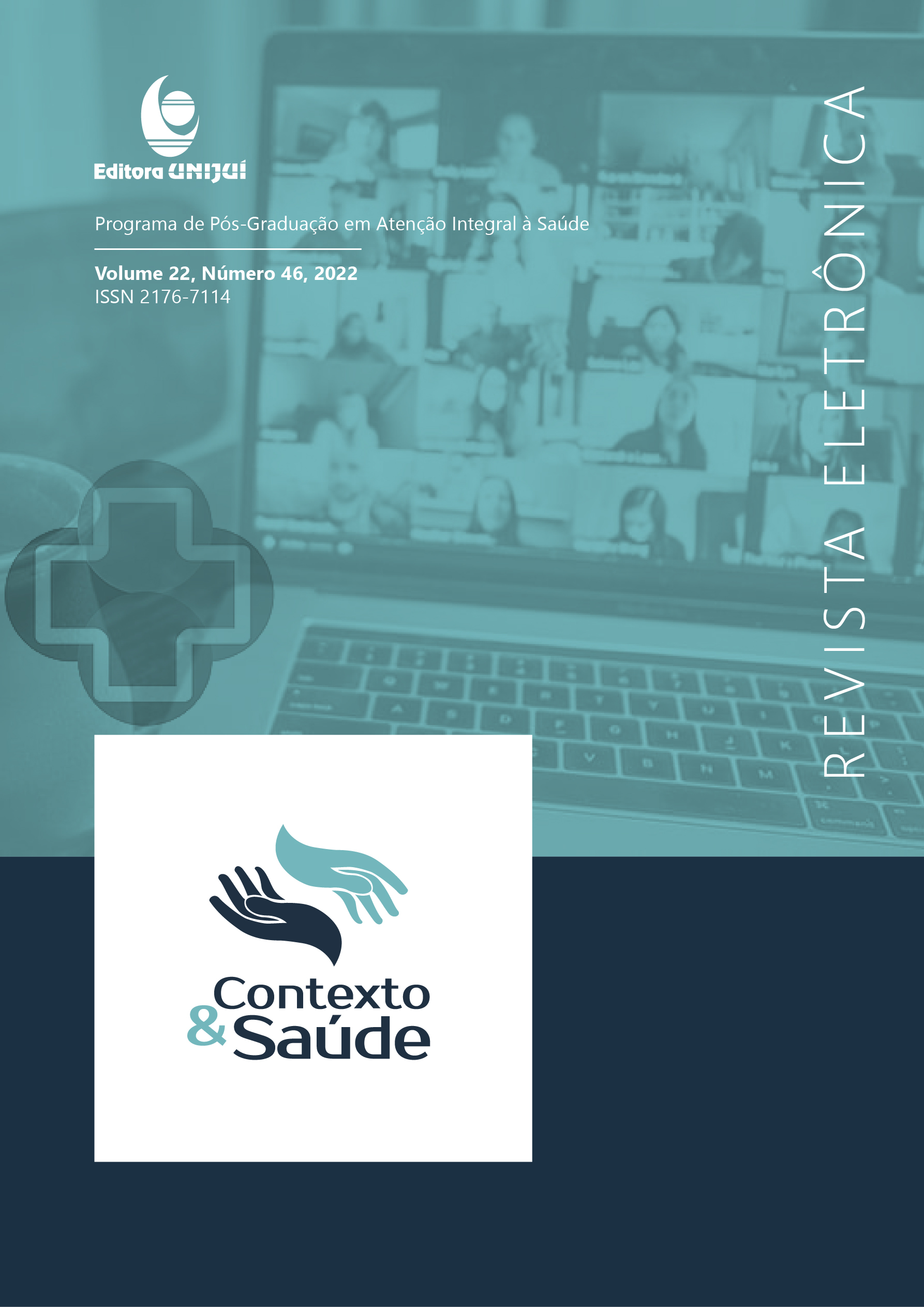Adequação nutricional do café da manhã oferecido por hotéis no sul do Brasil
DOI:
https://doi.org/10.21527/2176-7114.2022.46.13317Palavras-chave:
Qualidade dos Alimentos, Serviços de Alimentação, Ciências da Nutrição, Alimentos e BebidasResumo
Introdução: O café da manhã é uma das principais refeições do dia, sendo uma importante comodidade oferecida em hotéis. Além de colaborar positivamente para uma experiência memorável da hospedagem, contribui para a qualidade e a composição da dieta dos hóspedes, devendo ter como base os alimentos in natura/minimamente processados. Objetivo: Avaliar a composição e a qualidade nutricional dos bufês de café da manhã oferecidos em uma rede hoteleira do sul do Brasil. Métodos: Pesquisa transversal descritiva em que foi aplicado o instrumento de Avaliação da Qualidade Nutricional e Sensorial de Bufês de Café da Manhã – AQCM –, em nove hotéis categorizados em A e B, com o registro dos cardápios e a classificação dos alimentos ofertados de acordo com as diretrizes do Guia Alimentar para a População Brasileira. Resultados: Os bufês de café da manhã oferecem opções de bebidas, cereais, frutas, complementos para os pães, derivados de carnes quentes, ovos mexidos, diferentes tipos de pães, salgados e bolos, com aproximadamente 60 tipos de alimentos e preparações diferentes. Em maior quantidade, são ofertados os alimentos ultraprocessados, seguidos dos alimentos in natura/minimamente processados, processados e gorduras e açúcares. Na categoria A é ofertada uma maior variedade de alimentos in natura/minimamente processados, quando comparados ao B, devido à maior variedade de frutas e sucos naturais presentes no bufê. Conclusão: Foi identificada a necessidade de melhorias na composição e na qualidade nutricional dos cafés da manhã e a adoção de estratégias que promovam escolhas mais saudáveis aos hóspedes.
Downloads
Publicado
Como Citar
Edição
Seção
Licença
Copyright (c) 2022 Revista Contexto & Saúde

Este trabalho está licenciado sob uma licença Creative Commons Attribution 4.0 International License.
Ao publicar na Revista Contexto & Saúde, os autores concordam com os seguintes termos:
Os trabalhos seguem a licença Creative Commons Atribuição 4.0 Internacional (CC BY 4.0), que permite:
Compartilhar — copiar e redistribuir o material em qualquer meio ou formato;
Adaptar — remixar, transformar e criar a partir do material para qualquer fim, inclusive comercial.
Essas permissões são irrevogáveis, desde que respeitados os seguintes termos:
Atribuição — os autores devem ser devidamente creditados, com link para a licença e indicação de eventuais alterações realizadas.
Sem restrições adicionais — não podem ser aplicadas condições legais ou tecnológicas que restrinjam o uso permitido pela licença.
Avisos:
A licença não se aplica a elementos em domínio público ou cobertos por exceções legais.
A licença não garante todos os direitos necessários para usos específicos (ex.: direitos de imagem, privacidade ou morais).
A revista não se responsabiliza pelas opiniões expressas nos artigos, que são de exclusiva responsabilidade dos autores. O Editor, com o apoio do Comitê Editorial, reserva-se o direito de sugerir ou solicitar modificações quando necessário.
Somente serão aceitos artigos científicos originais, com resultados de pesquisas de interesse que não tenham sido publicados nem submetidos simultaneamente a outro periódico com o mesmo objetivo.
A menção a marcas comerciais ou produtos específicos destina-se apenas à identificação, sem qualquer vínculo promocional por parte dos autores ou da revista.
Contrato de Licença (para artigos publicados a partir de setembro/2025): Os autores mantém os direitos autorais sobre seu artigo, e concedem à Revista Contexto & Saúde o direito de primeira publicação.

